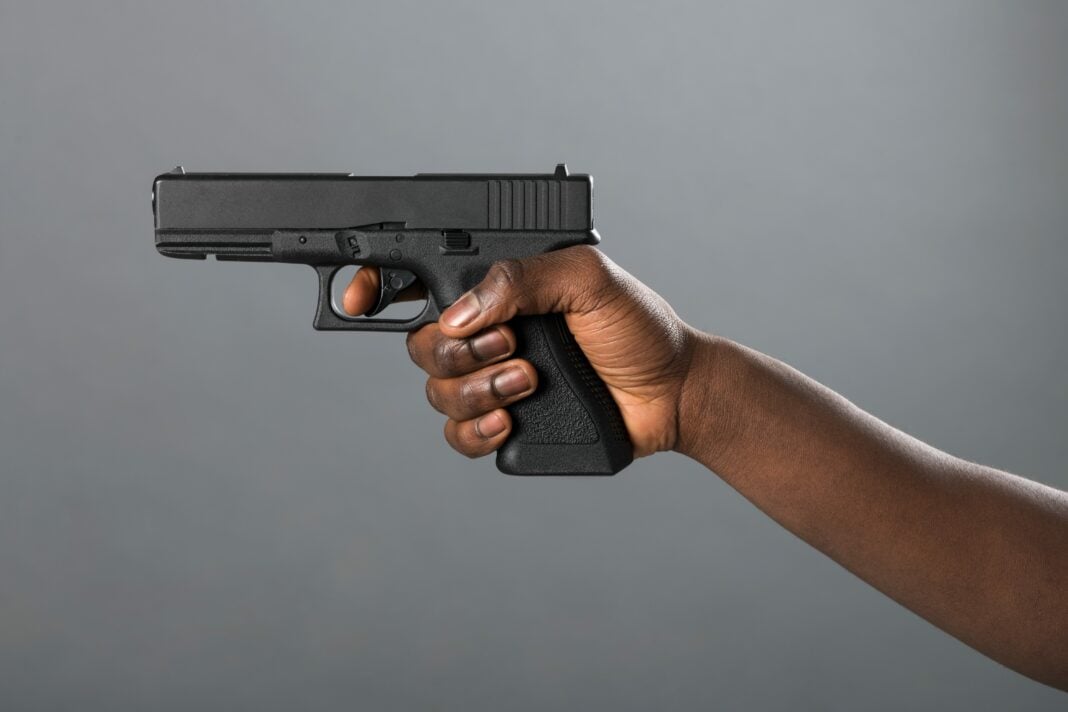
Throughout history, irresponsible rhetoric has frequently overshadowed sound reason.
Similarly, immediate gratification has often overpowered consideration of long-term consequences. Against this backdrop, some outcomes are predictable. The recent assassination attempts on former President Donald Trump starkly underscore this unsettling reality. Specifically, pro-gun policies, coupled with extreme political rhetoric, bear significant culpability for increased political violence across the U.S.
After high-profile gun-related violence, we almost always hear the tired refrain: “Guns don’t kill people; people kill people.”
Strangely, that claim has not been repeated, at least to my knowledge, in the wake of the attempts on Mr. Trump’s life. Rather, Trump and his acolytes have focused — very cynically — on the fact that Democrats have accurately pointed out that he is a threat to democracy. While I agree that dangerous speech often leads to dangerous actions, holding Trump accountable for his authoritarian tendencies is not the disease; confronting his authoritarian tendencies is the cure.
The political cowardice that facilitates the spread of hate does not exist in a vacuum. It shapes a reality in which potential threats are not neutralized; rather, they are nurtured. When Trump echoes Adolf Hitler in referring to his fellow human beings “poisoning our blood,” what do he and his supporters expect to happen?
To be crystal clear, my response to the threats on Trump’s life is not schadenfreude; it is sadness. I don’t want him to be back in the White House. But I want him to be defeated with ballots, not bullets.
My argument is not a reflexive response to the assassination attempts; it is grounded in a dispassionate analysis of cause and effect. The ease of access to assault-style weapons, the sporadic implementation of “red flag” laws, and the insufficient application of comprehensive background checks all conspire to construct a perilous landscape — and not just for politicians. Hateful words are often the fuel that ignites the kindling.
Pro-gun advocates extol the Second Amendment with a near-sacred reverence (even as they actively stifle the one that immediately precedes it). They fight for sparse restrictions on gun ownership as a cornerstone of American liberty. However, our nation should not allow veneration of weapons to eclipse the responsibilities that accompany the right to bear arms.
Painting virtually any attempt at reasonable gun restrictions as a dire threat to “personal freedom” escalates the stakes beyond reasonable discourse. It fosters an environment wherein radical actions are seen as necessary defenses of fundamental rights. This alarmist dialogue does not merely flirt with danger; it invites it out for drinks.
To make matters much worse, in the last 40 years or so conservatives in the federal judiciary, including the Supreme Court, have “reinterpreted” the meaning of the Second Amendment that stood for two hundred or so years. The practical effect is the proliferation of the AR-15 and other weapons of war — instruments that transform malignant ideation into deadly action. This is combined with a failure to crackdown on so-called “sovereign citizens” (including sheriffs around the country) that will inexorably lead to greater violence.
Further, “red flag” laws, which are designed to temporarily remove guns from individuals who are deemed to be a risk to themselves or others, are sporadically applied and often contested. These laws are not the panacea for gun-related violence, but their inconsistent implementation is a glaring missed opportunity for prevention.
The argument for more pervasive background checks runs along similar lines. Such checks can be a basic, but powerful, tool to prevent those who have violent histories from accessing assault rifles and other highly dangerous weapons. Unfortunately, the resistance to universal background checks reflects a troubling prioritization of unfettered access to guns over public safety. It is a bad choice that often has dire consequences.
Assault weapons do not establish justice. They do not insure domestic tranquility. They do not provide for the common defense. They do not promote the general welfare. And they do not secure the blessings of liberty, either to ourselves or to our posterity. All they do is make us less safe. All they do is put every American in the “at-risk” category.
We — all of us — must agree to craft a future that honors both the rights and the safety of our citizens. This balanced approach is not just wise; it is essential. Pro-gun Republicans must confront the reality that their policies and rhetoric have played, and will continue to play, a part in creating a climate that is ripe for violence. It is a difficult, perhaps even painful, admission. But it is one that is necessary for meaningful change.
As we all know, gun violence in America is much more common than it is in any other “western industrialized nation” in the world. It doesn’t have to be that way. In the tapestry of public safety, each thread — each law and regulation — must be woven with care and commitment. Half-measures lead to unnecessary deaths. Let us not wait for the next headline to acknowledge the role our choices — and our voices — make in shaping our future.
The time for action is now.





